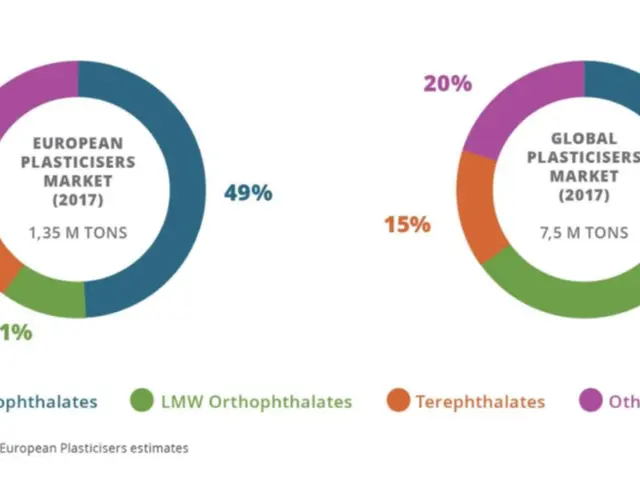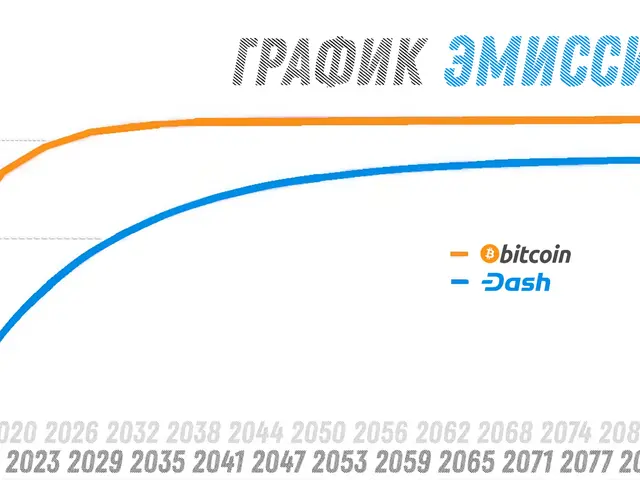Artificial Intelligence: Kretschmann Urges EU to Avoid Overly Stringent Regulations
In a recent media report, the state government of Baden-Württemberg has voiced concerns to the European Union about potential negative consequences arising from overly stringent regulation of companies and applications in the field of artificial intelligence (AI). The Governors, including Minister President Winfried Kretschmann, and his ministers responsible for digitalization, science, and the economy, penned a letter to EU Commission Director-General Roberto Viola, urging for an "enabling approach."
Prior to the completion of AI Act negotiations, the government expressed concerns about stifling the innovative capabilities of the science and industry sectors due to the planned regulations and excessive bureaucratic requirements.
According to the report released by 'Südwest Presse' on Thursday, Baden-Württemberg outlined ten specific demands in their letter to the EU Commission. The government emphasized the need for clear, comprehensible, and straightforward regulations in the new AI legislation expected at the beginning of December. They also called for the extension of the planned transitional period and the creation of an AI regulation that only classifies high-risk AI systems as high-risk.
Additionally, the Stuttgart government members recognized the importance of funding for AI research to keep up with global competition. They emphasized the need for initiating large joint projects at a European level and provided financial support to achieve this.
In this new era of digitization and AI advancements, the government highlighted the need to consider the economic and technological implications of the EU Commission's regulations. Balancing the cautious use of AI while encouraging innovation plays a crucial role in governmental strategies across regions like Baden-Württemberg.
While the specific demands made by the German government regarding AI regulation were not explicitly stated in the provided sources, the Baden-Württemberg data protection authority published a discussion paper on the legal basis for data protection when using AI. The paper suggests that they are actively involved in the conversation and likely have specific recommendations or demands related to AI regulation.
Further Reading:
- Priest Convicted of Sexual Abuse of Children
- Arson Cause of a Million Dollar Fire
- 23-Year-Old Indicted for Series of Robberies and Murders
- Cyclist's Death after Collision with a Car
- Professional Athlete Defends the Referee
- Unknown Individuals Vandalize 20 Graves at Cemetery








